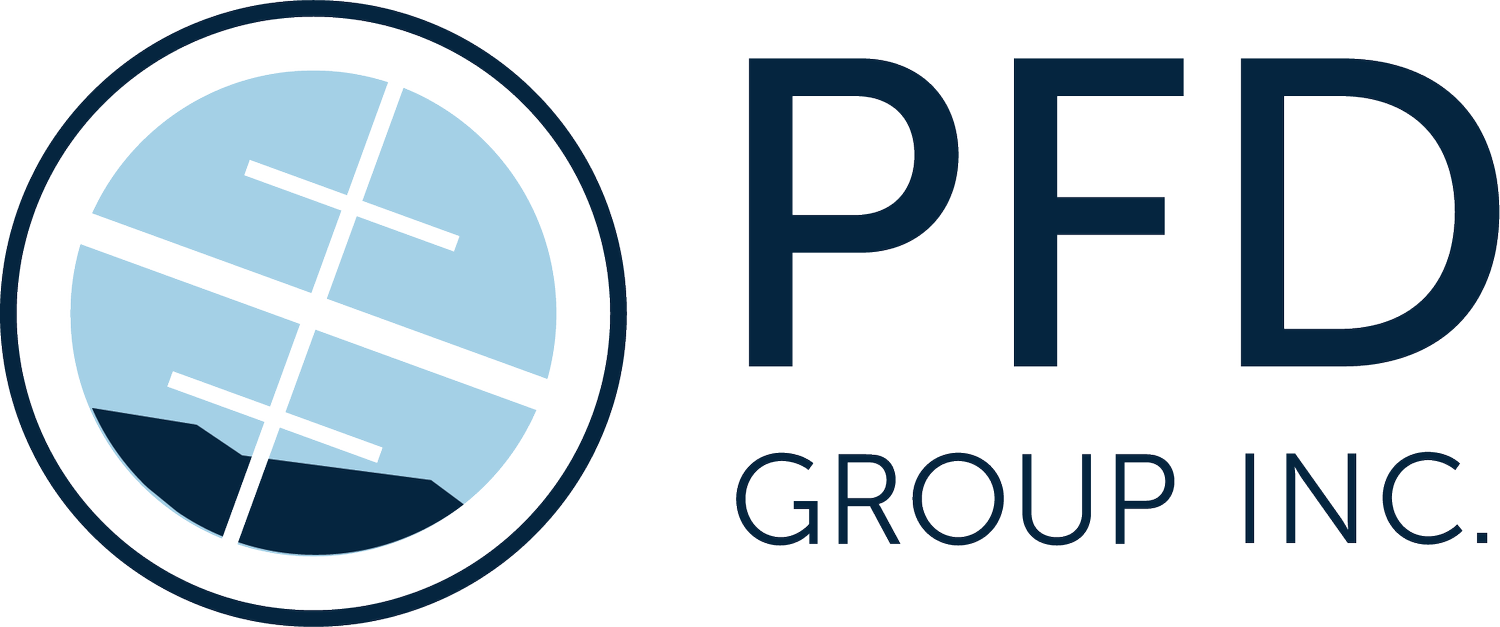The phrase “It’s lonely at the top” rings painfully true for some of us business leaders. If you are a CEO, you have likely experienced isolation that tends to come with the job. As a CEO, you are responsible for the livelihoods of the people in your entire organization, as well as their families, and your own family. That’s a lot of pressure. Further, if you are not careful, you also might be subject to an echo chamber of your senior leadership team only corroborating your ideas (rather than coming up with novel strategies to reach your goals) – leaving you to solely do the creative work. The point: as CEOs, we can become very isolated and stressed, very quickly. What we need is to develop a network of people around us – people who are in our corner – to confide in, garner creative ideas, invest in, and ultimately give us the confidence and clarity to make decisions in our business.
A good guide for developing such a network is the “Three Cs”: Coach, Cohort, and Community.
The first kind of key relationship in the network you cultivate should be a strategic coach. While we are a biased source with this recommendation, we have seen first-hand the transformation a coach can have on your organization. With professional sports, we would never expect our favorite teams to win games without a good coach. A great coach, like John Wooden, can propel teams to extraordinary success. Such is true with business professionals as professional athletes – a great business coach can act as a trusted guide to propel you to higher levels of success. They can be your confidant, helping to address your challenges by providing an impartial perspective. Further, coaches can bring a deep knowledge of proven tools and execution rhythms as well as reduce stress by helping you to cultivate simplicity in your business.
The second kind of key relationships that we recommend you cultivate is a cohort. For reference, a cohort is a group of people who share the same experiences to mentor one another. They are the people in your corner – who know your experiences (also CEOs), who have a similar mission to you, who will support you in your challenges, and who keep you in check to your moral obligations. They are the people who will share with you openly, so you can learn from them to reach your goals more quickly. In these cohorts, everyone is mutually invested in each other’s growth, and it is a place to gain wisdom and insight from your peers. Modern Psychology and Sociology backs the benefits of these sorts of relationships – terming them “strong ties” – nurturing ourselves and our ability as leaders. Many CEOs participate in cohorts already, calling them mastermind groups.
The third kind of key relationships that we recommend you cultivate is a community. In the context in which we are speaking, a community encapsulates the broader reach into the world that you have – the acquaintances in your network from all over. These connections, per a Sociological and Psychological framework, are termed “weak ties”, and they are valuable because they give you broad access to people and resources that can help you further your mission (and you can do the same for them as well). Essentially, these are the people in your rolodex. These are the people that will welcome you into their neighborhoods, partner with you with their organizations and associations, and create mutually beneficial relationships that allows your impact to have a far reach. These are the people to call upon to source talent, strike deals, and organize philanthropic efforts. With a strong community, you will never have a shortage of people to call upon to solve problems and strategize a better shared future.
With a coach, a cohort, and a community, you will have both the strong personal connections that foster growth, and the access to broader networks (with people and resources) that make your impact possible.










